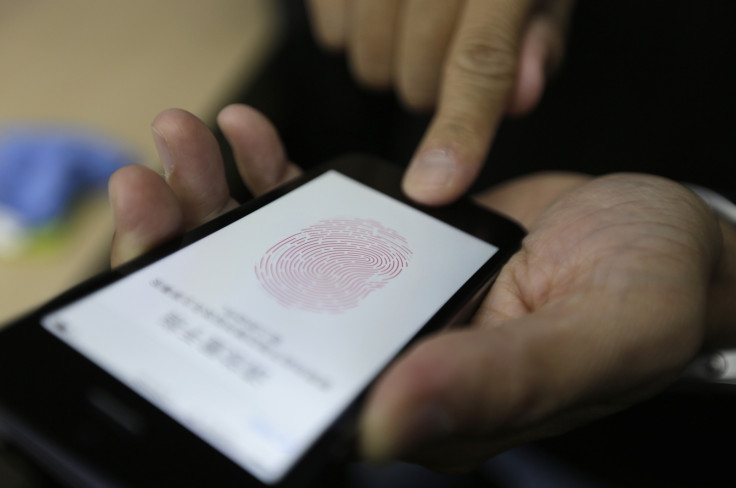Apple's iOS 11 update comes with a secret 'cop button' to disable Touch ID in a hurry
iOS 11 is currently in public beta and is set for release in full in the coming weeks.

A so-called 'cop button' has been added to the iPhone's latest iOS operating system – iOS 11 – which lets users discreetly turn off the Touch ID fingerprint reader in a few simple taps, a move that some believe could thwart devices from being searched by law enforcement.
The system, as pointed out by users on Twitter (first reported by The Verge), could also be useful if you are concerned someone might try and force you to unlock your iPhone or iPad.
Here's how it works: Pressing the lock button five times in quick succession brings up the familiar 'slide to power off' command, but also an 'Emergency SOS' slider, which can be used to quickly call the emergency services, even on a locked iPhone not belonging to you.
But it has been discovered – and verified by IBTimes UK – that opening this screen then cancelling it disables Touch ID. The only way to get back into the phone is by entering your passcode.
One Twitter user wrote: "It's a cop button. I love it."
The feature can also be adjusted in the Settings app. Here, iOS users can switch on Auto Call, which automatically calls the local emergency services number after the fifth press of the lock button.
It also issues a loud siren for three seconds before the call is made.
Finally, the feature can also be configured to alert a pre-defined list of contacts should you press the power button five times. iOS 11 is currently in the public beta stage of development, with regular updates already being pushed out by Apple to eager application developers.
It will be released as a free update to iPhone and iPad owners in the coming weeks.
The "cop button" capability was hotly debated as a potential security feature after being uncovered by the researcher, who uses the name Kia Fiasco online. But not everyone agreed about its use. The police, in many cases, have legal means at their disposal to access locked devices.
"It doesn't matter because the only protection is still just the lock screen which is insufficient for real security," tweeted The Grugq, a well-known cybersecurity researcher, adding that the technique lacks three major security tactics: cover, concealment and compartmentation.
iOS 11 is a game-changer for Touch ID. Press power button rapidly 5 times and it opens the 2nd screen, but it also forces passphrase entry! pic.twitter.com/uvWbM04lyk
— Kiaâ€â˜† (@alt_kia) August 17, 2017
Over the past year, law enforcement has forced detainees to unlock devices on many occasions. In April 2016, for example, the Los Angeles Times reported that police had obtained a warrant to compel the partner of an alleged gang member to press her finger against her iPhone.
The same year, CourthouseNews reported on a similar case – when a man suspected of a voyeuristic crime was compelled to tell the security services his 4-digit passcode. In February this year, a US-born Nasa scientist was forced to unlock his phone by American border control.
According to Jamie Lee Williams, a staff attorney at the Electronic Frontier Foundation (EFF), police – in the US at least – cannot force people to hand over their phone passwords.
"Forcing you to turn over or type in your passcode violates the Fifth Amendment privilege against self-incrimination — the privilege that allows people to 'plead the Fifth' to avoid handing the government evidence it could use against them," she wrote in March 2017.
© Copyright IBTimes 2024. All rights reserved.






